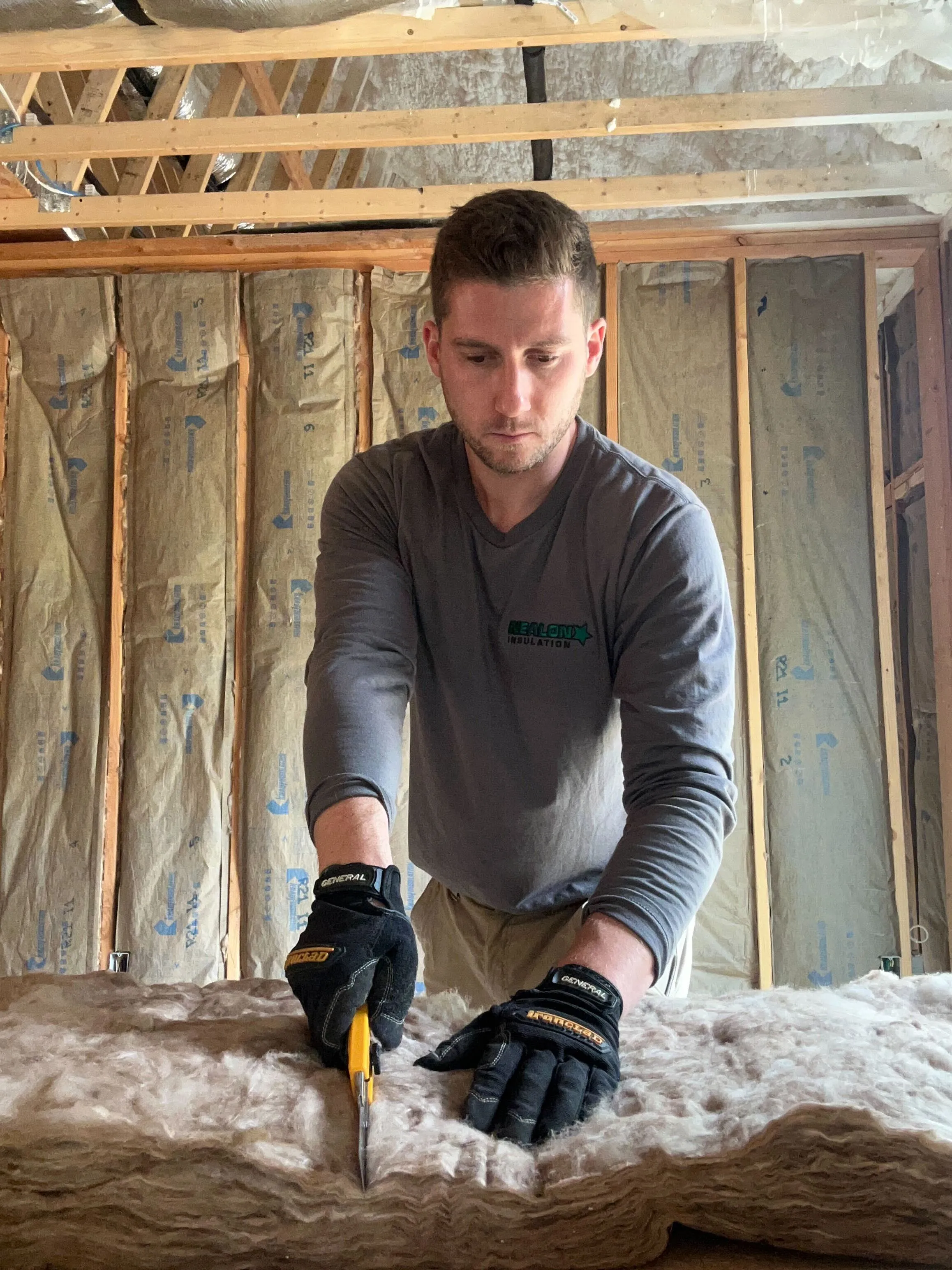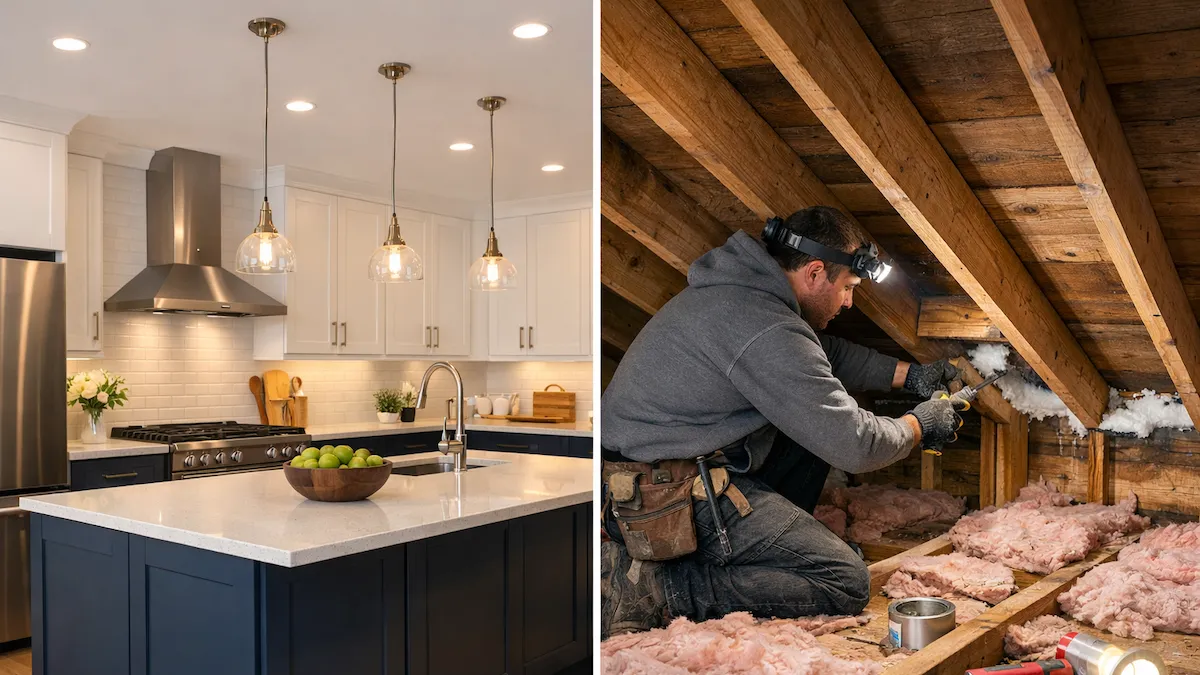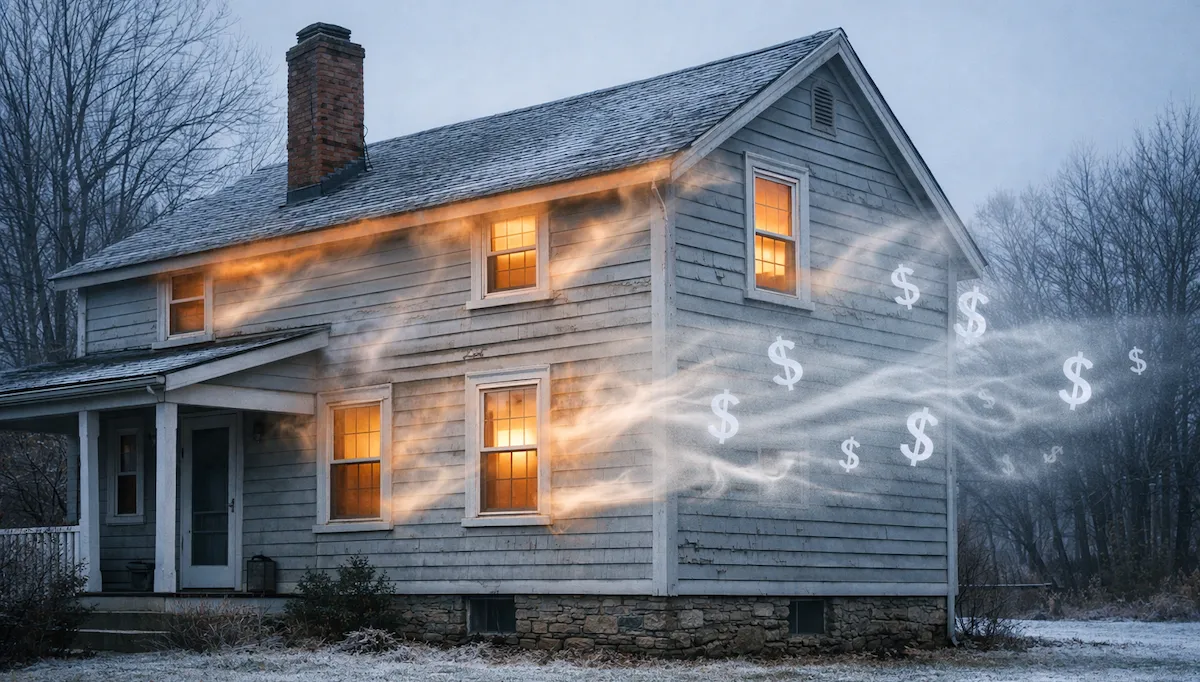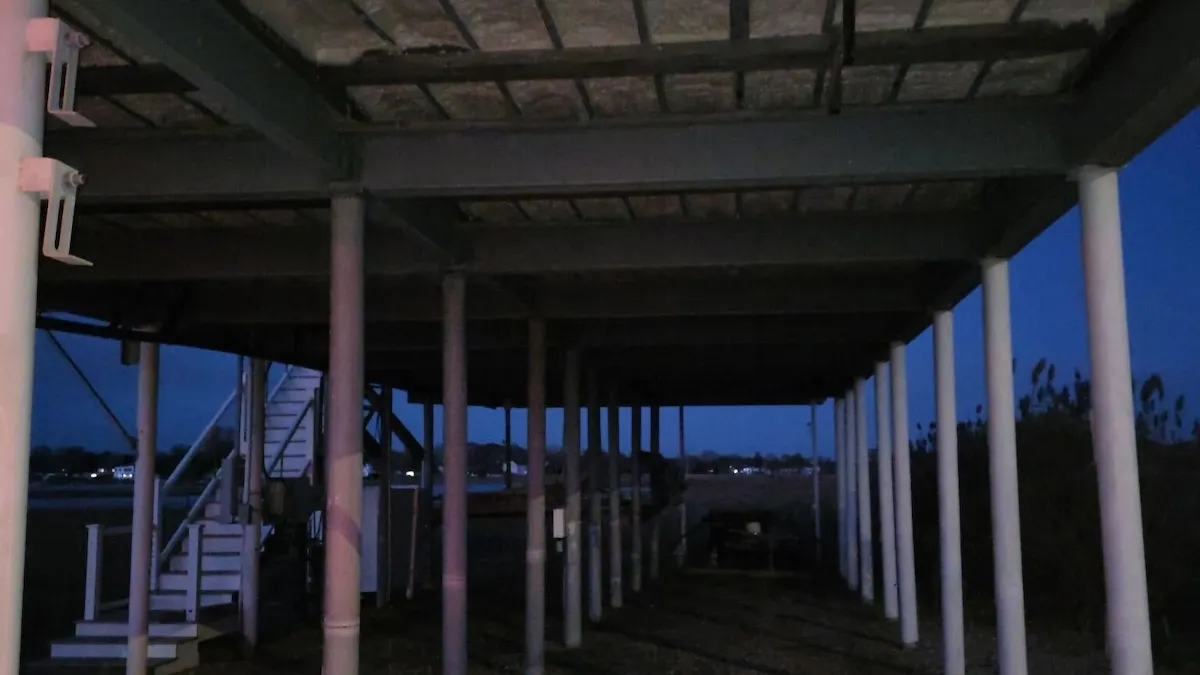How Much Is 1,000 Sq Ft of Insulation?

Let’s get straight to the point: insulating 1,000 square feet of space in your home can cost anywhere from $1,500 to over $5,000 depending on the material you choose and the quirks of your house. It’s like asking how much a car costs—you’ll get a different answer depending on whether you want the base model or the decked-out version with heated seats and a moonroof.
We’ll break it down by type—fiberglass, cellulose, and spray foam—and explain what drives the price up (or down).
Fiberglass Insulation: The Basic, Budget-Friendly Option
Cost for 1,000 sq ft:
👉 Around $2,000 to $3,000
Fiberglass is like the plain bagel of insulation: dependable, affordable, and everywhere. It’s often used in new construction and attics where you have open access to joists. If you're not battling extreme drafts or moisture issues, this can be a solid, cost-effective choice.
What affects fiberglass pricing:
- Open vs closed access (attic = easy, walls = more labor)
- Batts vs blown-in
- Labor needs—is it a clean install or a crawlspace contortionist job?
Cellulose Insulation: The Comfort Workhorse
Cost for 1,000 sq ft:
👉 Around $2,000 to $4,000
Cellulose insulation is what we specialize in here at Nealon. It's dense, fire-resistant, pest-resistant, and made from recycled materials. It performs great in older homes, especially for filling wall cavities without tearing your house apart.
Why the price varies:
- Dense-packing walls vs attic blow-in (walls take more time and skill)
- Access issues—we may need to drill, patch, or work around tough angles
- Depth of insulation—more R-value means more material
Spray Foam Insulation: The High-Performance MVP
Cost for 1,000 sq ft:
👉 Around $3,000 to $5,000+
Spray foam is the insulation equivalent of a triple-espresso: powerful, airtight, and overachieving. It both insulates and air seals in one shot. But it’s more expensive upfront, and not always necessary in every application.
What bumps up the price:
- Open-cell vs closed-cell (closed-cell is more expensive and higher R-value)
- Ventilation concerns—you may need mechanical ventilation if you're sealing super tight
- Prep and protection—spray foam needs careful installation to avoid overspray or damage
What insulation is the best for cold climates?
What Else Affects the Price of Insulation?
Regardless of material, there are a few wildcard factors that can change your final number:
- Access and layout: Vaulted ceilings, narrow crawlspaces, or complicated rooflines = more labor.
- Demo or removal: If we need to rip out old insulation, that adds to the bill.
- Code requirements: Want to hit energy code or qualify for rebates? You may need higher R-values.
- Local rebates: In Connecticut, EnergizeCT rebates can significantly lower your out-of-pocket cost—especially for cellulose and spray foam.
What Does 1,000 Sq Ft of Insulation Actually Save You?
Here’s the part most companies skip.
In Connecticut, heating and cooling typically account for 50–60% of a home’s energy bill. If you properly insulate 1,000 square feet — especially in an attic or exterior walls — homeowners often see 15–30% reductions in heating and cooling costs, depending on how under-insulated the space was before.
If your annual energy bills are $3,000:
- A 20% reduction = $600 per year
- Over 10 years = $6,000
- Over 20 years = $12,000
Now compare that to a $2,500–$4,000 insulation project.
This isn’t a cosmetic upgrade. It’s one of the few home improvements that:
- Lowers monthly expenses
- Increases comfort immediately
- And keeps paying you back year after year
And that’s before factoring in EnergizeCT rebates, which can shrink your upfront cost even further.
Is your home eligible for Energize CT rebates?
So What Should You Expect to Pay?
If you're in Connecticut and looking to insulate 1,000 sq ft, the sweet spot for most homes falls between $2,000 and $4,000. Think of that as the range for long-term comfort and energy savings.
Want a real number for your actual house? We’ll come check it out and give you a quote with no pressure and no fluff. Just real answers from real insulation nerds.
Related Articles
Let's Work Together
Ready to transform your home into an energy-efficient haven? Schedule your free energy assessment today and experience the Nealon difference for yourself.



